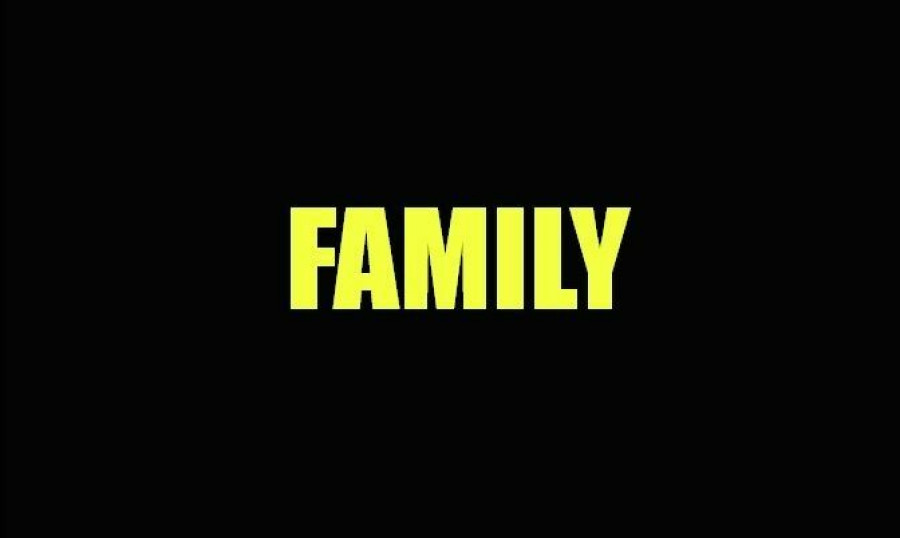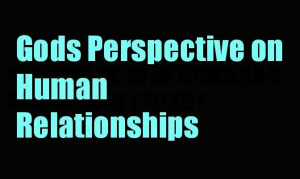We also ought to look within our homes, our religious organizations, our churches, our corporations, and our educational institutions for answers to family instability.
Enlightened leaders know that the Gross Social Progress (GSP) of nations is a function of family social and economic stability. Equitable opportunities for educational development and meaningful employment are essential to attain and sustain family stability.
Notwithstanding; a ‘new individualism’ has invaded the modern family. Parents’ pre–occupation with work (the economics of survival) and careers create inadvertent opportunities for children and young adults to gain early independence before they are fully equipped to make ‘life changing’ decisions regarding their safety and futures.
The family is the tree from which all members of society have blossomed. The communist, the socialist, the dictator, the conservative, the liberal, the democrat, and the republican came from within families. The judge, the lawyer, the policeman, the delinquent, and the offender all are the products of families.
The scientist, the engineer, the doctor, the nurse, the principal, the teacher, and the student all have their roots within the family. The murderer and the victim also have roots within the family foundation. The family then becomes the first place to look when something goes wrong in society. Where, when, and how do human beings develop patterns of unsocial behavior?
The socialization process begins with our childhood nurturing and development. From the moment a child is born, he or she begins to experience the effects of his or her first social environment – the home. The traditional and cardinal rules for raising children are good manners, personal discipline, responsibility, and respect for others who are directly or indirectly responsible for their care. Family love and care for each other are the hallmark of family relations, particularly in caring for infants and elder family members.
Respect for family elders and uniformed members of society were, at one time, customary within families. In other words, social behavior was once, and is today, paramount to the stability of the family and to society. Parents that care for their children promote early understanding of God’s counsel (Romans 12:16).
In generations past, the family offered its members a more crowded centralized unit which operated within a framework of moral and social principles and values. The growing child’s many hours in school allowed for teachers to be significant influences on his or her behavior. Peer pressure was less significant and the influence of schoolmates was generally positive.
In our modern era, youth are susceptible to, and often engage in, social behaviors that society labels as delinquent. In extreme circumstances society labels youth behavior as adult criminal behavior, which exacts a great cost to society in its attempt to reform or correct, by a process of incarceration and rehabilitation.
Youths are more susceptible largely during the teenage years, because of the greater influence of their peers compared to that of their parents? Negative social behavior is a concern in modern societies, despite great moral efforts by parents and family members to train and discipline children. The decline in youth behaviors may have links to a need to escape from family violence, abuse, loneliness, despair, depression, and/or boredom. Our ‘materially driven life’ may also have an impact on the value system of our youths. Paradoxically, the family unit ought to provide the most stable and nurturing environment within which to grow.
This stability within the family is important, because it translates to stability in society as well. Families in our highly mobile era may not view themselves as integral building blocks of societies, but they are the building blocks of society, with children at the nucleus.
This intrinsic link between family and society is evident when the breakdown in the family and consequential breakdown in society is observed. Problems affecting the modern family result from a shift from family cohesion, as a unit in society, to the nuclear family, in which its members strive for greater independence as opposed to interdependence.
Modern enlightenment seems to take us further apart from our responsibility toward each other, as our first and foremost ‘spiritual duty.’ Our family responsibilities begin with marriage bonds, which are the central bonds within the family unit (Matthew 19:5–6). When we can, with some ease, break the bonds of marriage, which are spiritual bonds, the breaking of all other bonds becomes second nature to us.
If our ultimate social goal is to develop stable societies, we should begin with a fundamental understanding of the bonds we break and develop strategies to overcome our failings, because we cannot engender highly socialized societies apart from highly socialized families.
Many of us encounter difficulties in maintaining family bonds, such as love, marriage, loyalty, trust, friendship, and unity that enable family and society cohesion, but the breaking of bonds is rarely intentional. The integrity of these bonds provides the foundation for successful marriages, raising children and building strong families in society. As we mature, we begin to understand the consequences of broken bonds, not just for ourselves, but for others as well.
We then become acutely aware of the impact on our children, our friends, our employers, our employees, our neighbors, our nations, the environment, and the international community as we strive to elevate ourselves in the light of God. The need for Spiritual enlightenment will increase in our modern era as families struggle to meet the demands of volatile careers, work, caring for children and older parents, and building an economic base for the future.
— The family is the tree from which all members of society have blossomed.
Unless otherwise expressed, the views expressed in the opinion column are not endorsed by the editors or publishers of ByBlacks.com







